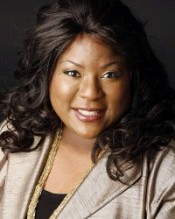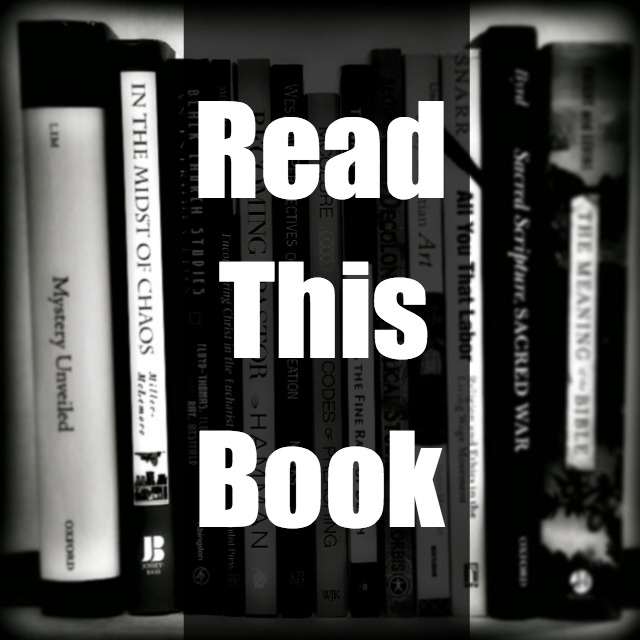READ THIS BOOK – August 2015
Each month, we ask a member of the Vanderbilt Divinity School faculty to recommend a book they are currently reading. Our August recommendation is offered by Stacey Floyd-Thomas, Associate Professor of Ethics and Society.
Ta-Nehisi Coates’ Between the World and Me
By Stacey Floyd-Thomas
 On the first day of every ethics course I teach, I always begin with the statement, “Ethics begins where problems start.” By using case studies that are often “ripped from the headlines,” I seek to have my students encounter these scenarios in media res. In other words, my intention is to immerse them in the messiness of ethics rather than allow them the safe distance that presumed objectivity and theoretical abstraction usually afford. While asking my students to engage this epistemological journey of metaethics in a wholehearted fashion, finding accessible texts that bear moral witness, offer constructive insight and give real-lived texture to the perennial issues of racism, sexism, classism, and other social ills is rare. Ta-Nehisi Coates’ Between the World and Me is my most recent discovery.
On the first day of every ethics course I teach, I always begin with the statement, “Ethics begins where problems start.” By using case studies that are often “ripped from the headlines,” I seek to have my students encounter these scenarios in media res. In other words, my intention is to immerse them in the messiness of ethics rather than allow them the safe distance that presumed objectivity and theoretical abstraction usually afford. While asking my students to engage this epistemological journey of metaethics in a wholehearted fashion, finding accessible texts that bear moral witness, offer constructive insight and give real-lived texture to the perennial issues of racism, sexism, classism, and other social ills is rare. Ta-Nehisi Coates’ Between the World and Me is my most recent discovery.
In the wake of the Black Lives Matter movement in recent years, there also have been so many commemorative moments that have transpired recently such as the 150th anniversary of the Civil War’s end and the ratification of the Thirteenth Amendment as well as the fiftieth anniversary of both the Selma civil rights marches and passage of the Voting Rights Act. In light of these historic milestones in American race relations, Ta-Nehisi Coates’ Between the World and Me highlights how much our society and culture has not changed. We only need to look at the massacre that occurred at the Mother Emmanuel African Methodist Episcopal Church. Dylann Roof’s act of racist terrorism on June 17, 2015, took place just one day after the 193rd anniversary of Denmark Vesey’s planned insurrection of enslaved Africans who founded Mother Emmanuel. In the struggle for freedom, justice, and equality by African Americans, things obviously have not changed for the better.
In the wake of Michael Brown’s murder and the freedom of his killer, former police officer Darren Wilson, Coates writes this epistle to his fifteen year-old son in order to give meaning to what has proven to be “old wine in new wineskins”—the illusory American dream which he says “thrives on generalization, on limiting the number of possible questions, on privileging immediate answers. For more than two centuries, Coates argues, what has been described, as the “American dream” for the privileged alternately has been American nightmares for the rest of us, especially for those whose bodies are blackened and broken. The Dream is the enemy of all art, courageous thinking, and honest writing.” (p. 50) He tells his son the hope of most parents, that he should be better than him and not fail as he had by believing in the lies America offered as fairy tales: “My great error was not that I had accepted someone else’s dream but that I had accepted the fact of dreams, the need for escape, and the invention of racecraft.” (p. 56) If we seek to not just commemorate past victories but actually correct and overcome the current assaults on the legacy of civil rights and divine freedoms, as Coates’ prophetic witness urges us, we need to deal with the messiness of reality in spite of our dreams. As faithful albeit fearful leaders of sickened social justice, we must attend to the virulent effects systemic inequalities and white supremacy have in our society and our world by opening our hearts and minds to the chasm that exists between our imagined world and our death-dealing realities.
